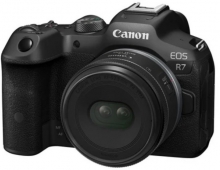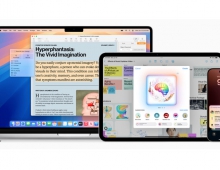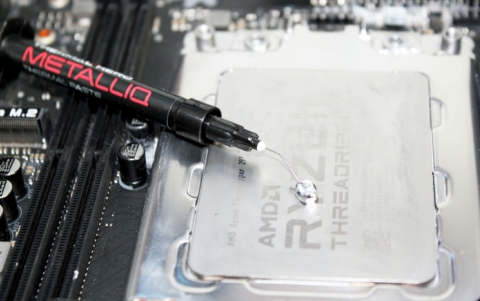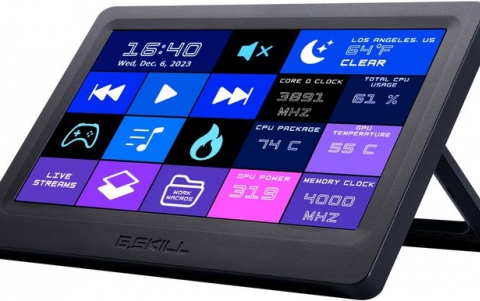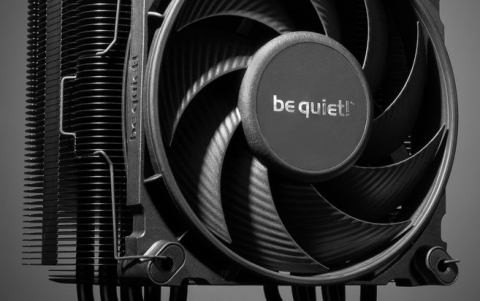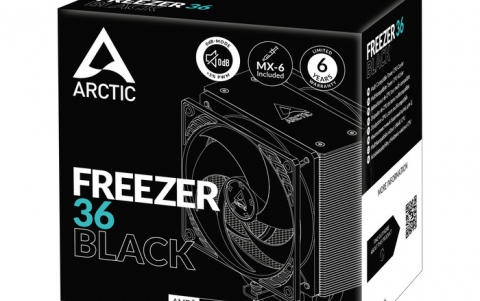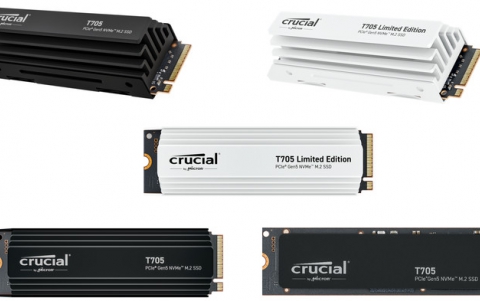
EU Regulators Say Google-owned Motorola Abused Its Position
The European Commission (EC) said it believed Motorola Mobility, a unit of Google, was abusing its market position by seeking and enforcing an injunction against Apple in Germany over patents essential to mobile phone standards.
The Commission has informed Motorola Mobility of its preliminary view that the company's seeking and enforcing of an injunction against Apple in Germany on the basis of its mobile phone standard-essential patents ("SEPs") amounts to an abuse of a dominant position prohibited by EU antitrust rules. While recourse to injunctions is a possible remedy for patent infringements, such conduct may be abusive where SEPs are concerned and the potential licensee is willing to enter into a licence on Fair, Reasonable and Non-Discriminatory (so-called "FRAND") terms. In such a situation, the Commission considers at this stage that dominant SEP holders should not have recourse to injunctions, which generally involve a prohibition to sell the product infringing the patent, in order to distort licensing negotiations and impose unjustified licensing terms on patent licensees. Such misuse of SEPs could ultimately harm consumers. As a note, the sending of a Statement of Objections does not prejudge the final outcome of the investigation.
Commission Vice President in charge of competition policy Joaquin Almunia said: "The protection of intellectual property is a cornerstone of innovation and growth. But so is competition. I think that companies should spend their time innovating and competing on the merits of the products they offer - not misusing their intellectual property rights to hold up competitors to the detriment of innovation and consumer choice."
Standards bodies generally require members to commit to license on FRAND terms the patents that they have declared essential for a standard. This commitment is designed to ensure effective access to a standard for all market players and to prevent "hold-up" by a single SEP holder. Indeed, access to those patents which are standard-essential is a precondition for any company to sell interoperable products in the market. Such access allows consumers to have a wider choice of interoperable products while ensuring that SEP holders are adequately remunerated for their intellectual property.
The Motorola Mobility SEPs in question relate to the European Telecommunications Standardisation Institute's (ETSI) GPRS standard, part of the GSM standard, which is a key industry standard for mobile and wireless communications. When this standard was adopted in Europe, Motorola Mobility gave a commitment that it would license the patents which it had declared essential to the standard on FRAND terms. Nevertheless, Motorola Mobility sought an injunction against Apple in Germany on the basis of a GPRS SEP and, after the injunction was granted, went on to enforce it, even when Apple had declared that it would be willing to be bound by a determination of the FRAND royalties by the German court.
The Statement of Objections sets out the Commission's preliminary view that under the specific circumstances of this case - a previous commitment to license SEPs on FRAND terms and the agreement of Apple to accept a binding determination of the terms of a FRAND licence for SEPs by a third party - recourse to injunctions harms competition. The Commission is concerned that the threat of injunctions can distort licensing negotiations and lead to licensing terms that the licensee of the SEP would not have accepted absent this threat. This would lead to less consumer choice.
The Commission opened the investigation in April 2012.
Commission Vice President in charge of competition policy Joaquin Almunia said: "The protection of intellectual property is a cornerstone of innovation and growth. But so is competition. I think that companies should spend their time innovating and competing on the merits of the products they offer - not misusing their intellectual property rights to hold up competitors to the detriment of innovation and consumer choice."
Standards bodies generally require members to commit to license on FRAND terms the patents that they have declared essential for a standard. This commitment is designed to ensure effective access to a standard for all market players and to prevent "hold-up" by a single SEP holder. Indeed, access to those patents which are standard-essential is a precondition for any company to sell interoperable products in the market. Such access allows consumers to have a wider choice of interoperable products while ensuring that SEP holders are adequately remunerated for their intellectual property.
The Motorola Mobility SEPs in question relate to the European Telecommunications Standardisation Institute's (ETSI) GPRS standard, part of the GSM standard, which is a key industry standard for mobile and wireless communications. When this standard was adopted in Europe, Motorola Mobility gave a commitment that it would license the patents which it had declared essential to the standard on FRAND terms. Nevertheless, Motorola Mobility sought an injunction against Apple in Germany on the basis of a GPRS SEP and, after the injunction was granted, went on to enforce it, even when Apple had declared that it would be willing to be bound by a determination of the FRAND royalties by the German court.
The Statement of Objections sets out the Commission's preliminary view that under the specific circumstances of this case - a previous commitment to license SEPs on FRAND terms and the agreement of Apple to accept a binding determination of the terms of a FRAND licence for SEPs by a third party - recourse to injunctions harms competition. The Commission is concerned that the threat of injunctions can distort licensing negotiations and lead to licensing terms that the licensee of the SEP would not have accepted absent this threat. This would lead to less consumer choice.
The Commission opened the investigation in April 2012.







